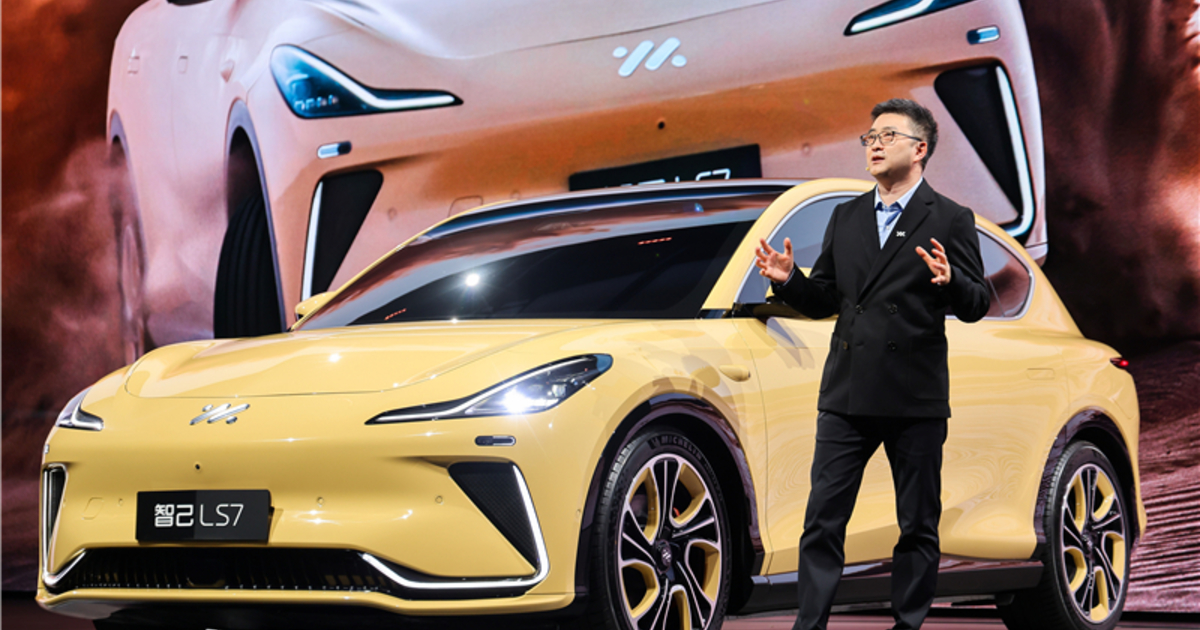
New-vehicle wholesale shipments industrywide contracted 8.4 percent to 2.56 million in December as China lifted pandemic-triggered lockdowns, sparking a wave of COVID-19 infections that undermined retail activity and production.
For 2022, vehicle shipments rose 2.1 percent to approach 26.9 million behind demand for electrified vehicles and tax incentives for gasoline cars, the China Association of Automobile Manufacturers said Thursday.
In December, combined shipments of sedans, crossovers, SUVs, multi-purpose vehicles and minibuses dropped 6.7 percent to less than 2.27 million.
But the full-year light-vehicle deliveries jumped 9.5 percent to 23.5 million.
December demand for new commercial vehicles such as buses and trucks slipped 20 percent to around 291,000, with full-year volume tumbling 31 percent to roughly 3.3 million.
Electrified vehicles
Demand for new electrified vehicle surged 52 percent to approach 814,000 in December.
During the month, shipments of full electric vehicles jumped 38 percent to around 624,000 while plug-in hybrid sales soared 129 percent to roughly 189,000.
For 2022, electrified-vehicle sales industrywide spiked 93 percent to some 6.9 million.
In the year, automakers shipped some 5.37 million EVs and 1.52 million plug-in hybrids, jumping 82 percent and 152 percent, respectively.
China’s overall passenger vehicle sales are expected to rise 5 percent in 2023, Volkswagen Group’s China President Ralf Brandstaetter told Chinese media.
New energy vehicles, which include pure electric and plug-in hybrids, could account for one third of the overall passenger vehicles sales in China in 2023, Brandstaetter added.
Volkswagen confirmed the comments first reported by Chinese media outlet Cailianshe on Wednesday.
CAAM estimates the country’s overall auto sales will rise 3 percent this year, while the China Passenger Car Association has projected car sales will be flat or slightly up from 2022.
The world’s largest auto market is expected to weaken sharply in January, CPCA said on Tuesday, after consumers accelerated purchases at the end of last year to take advantage of expiring government incentives.
Reuters contributed to this report.